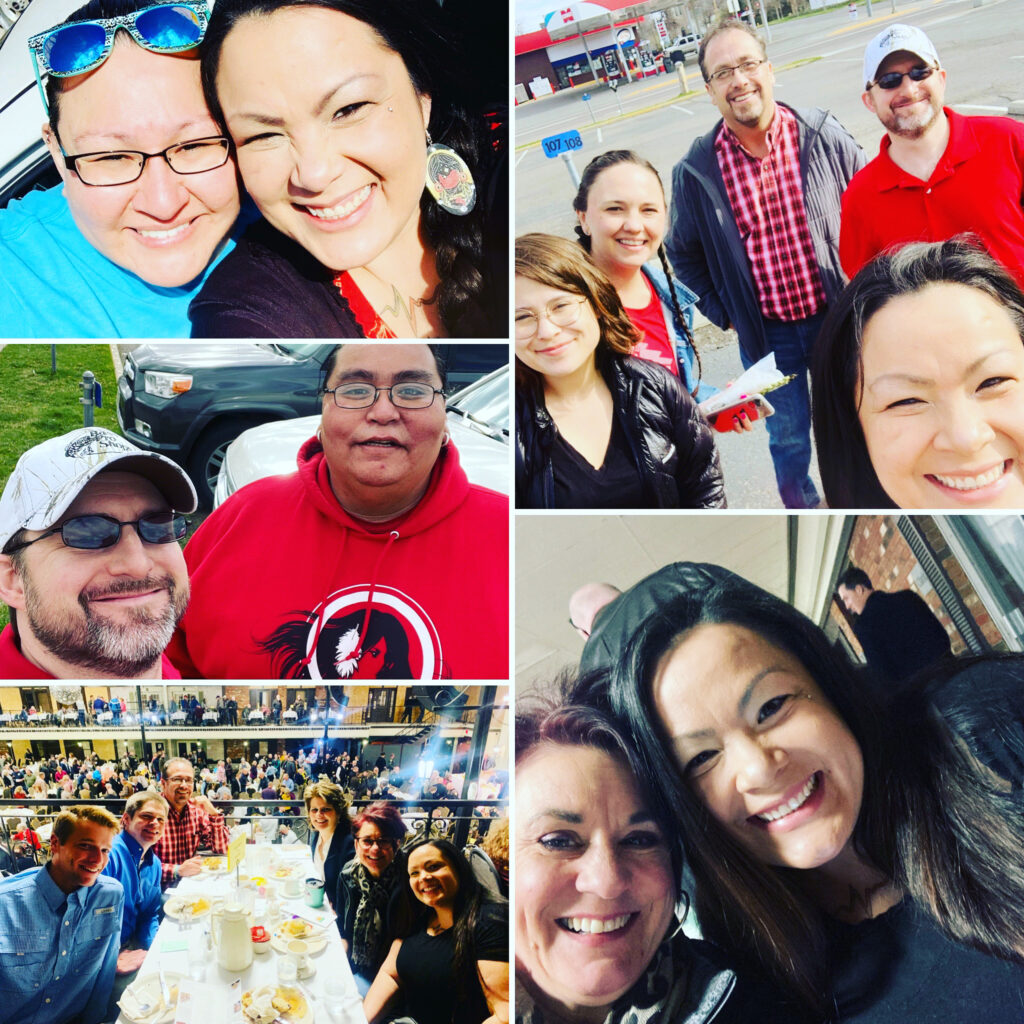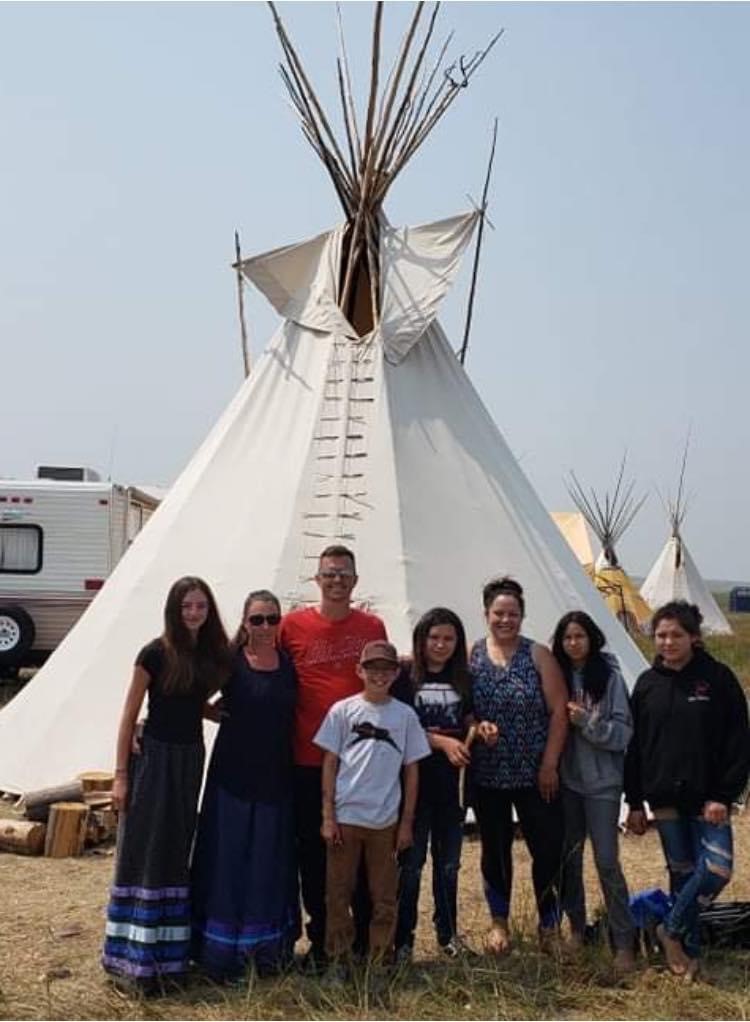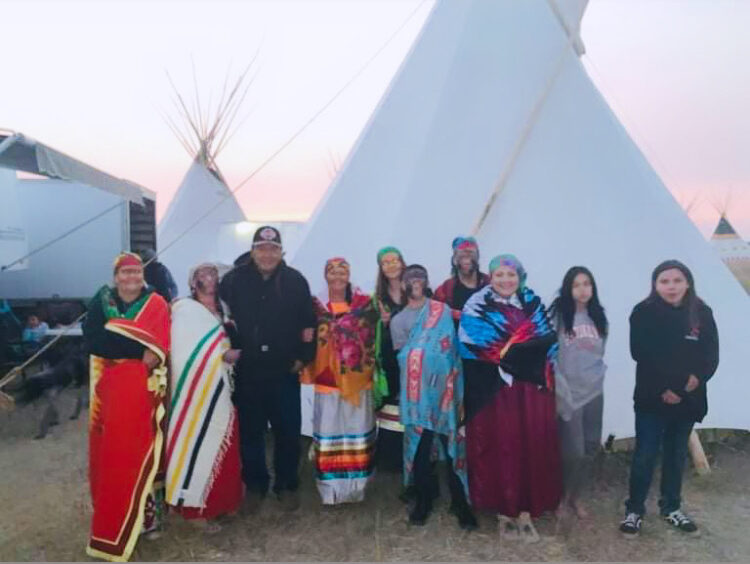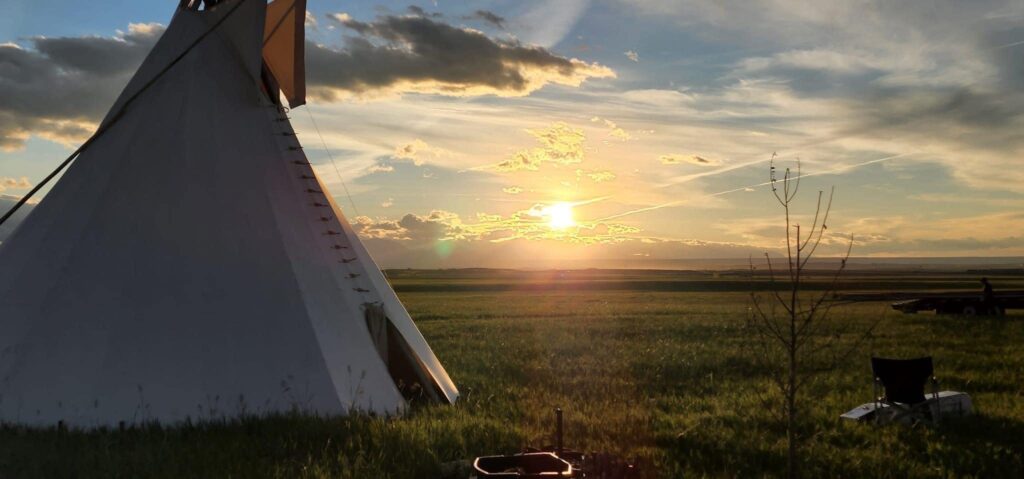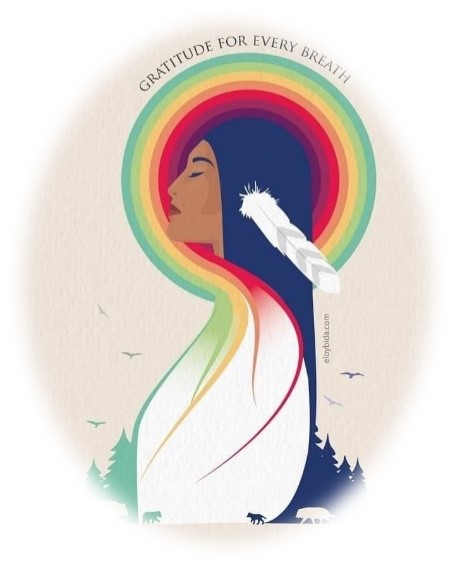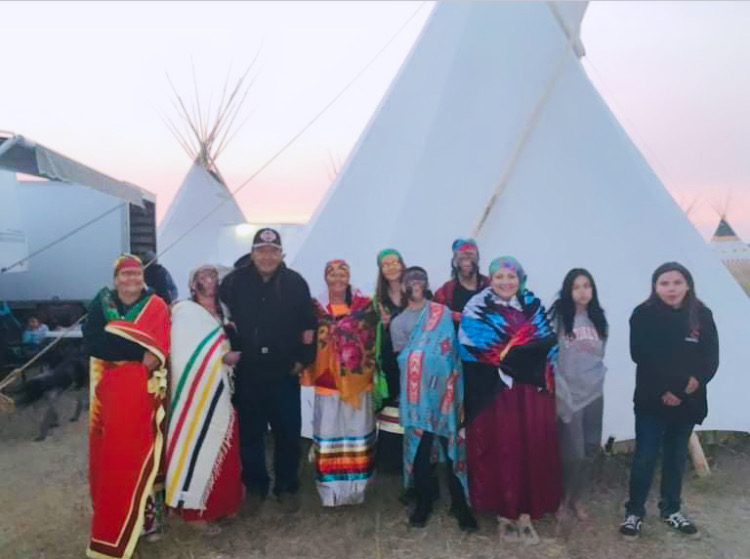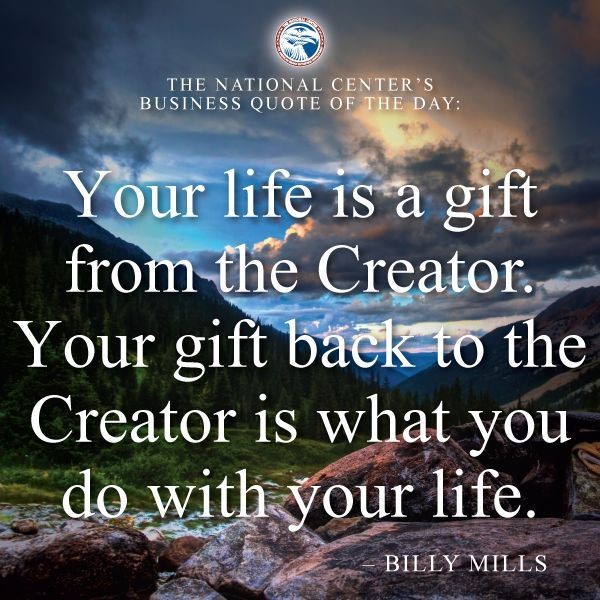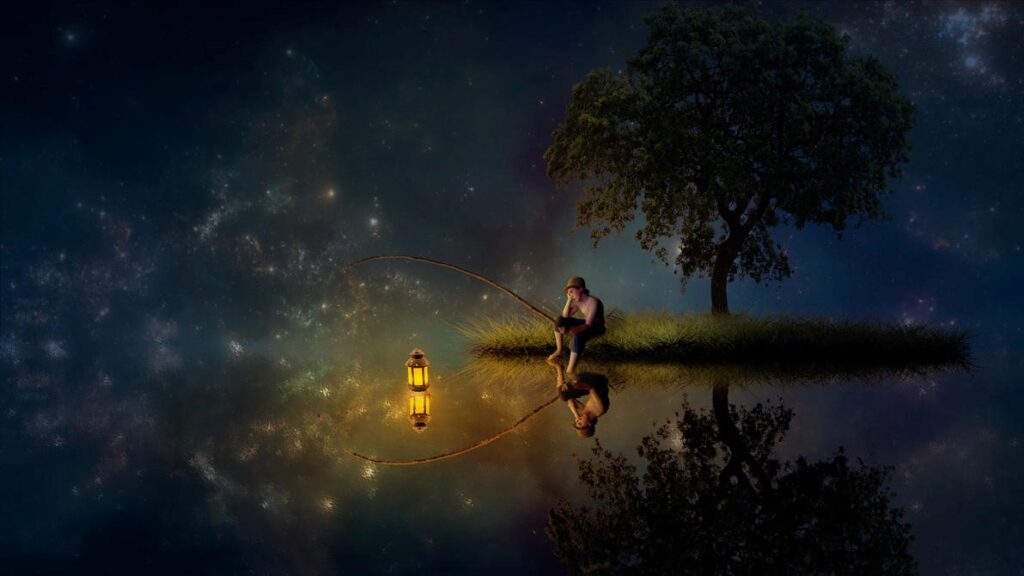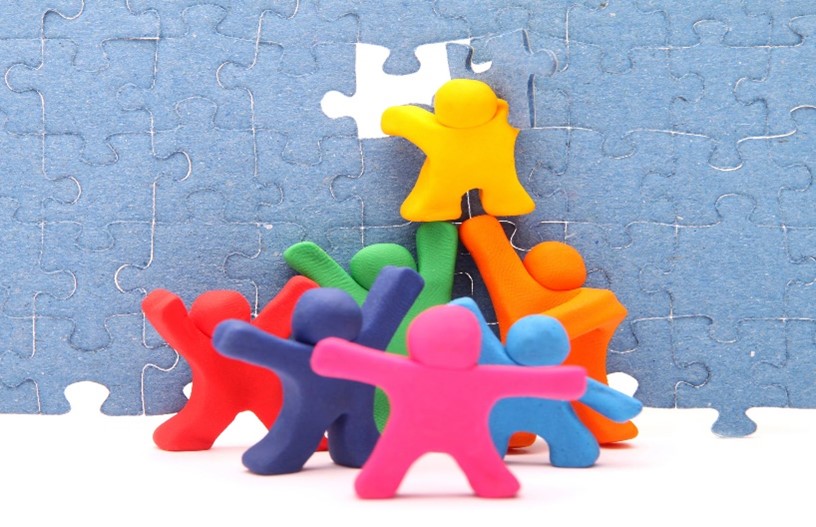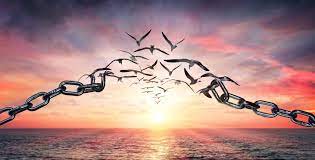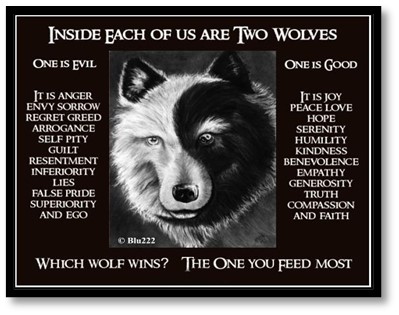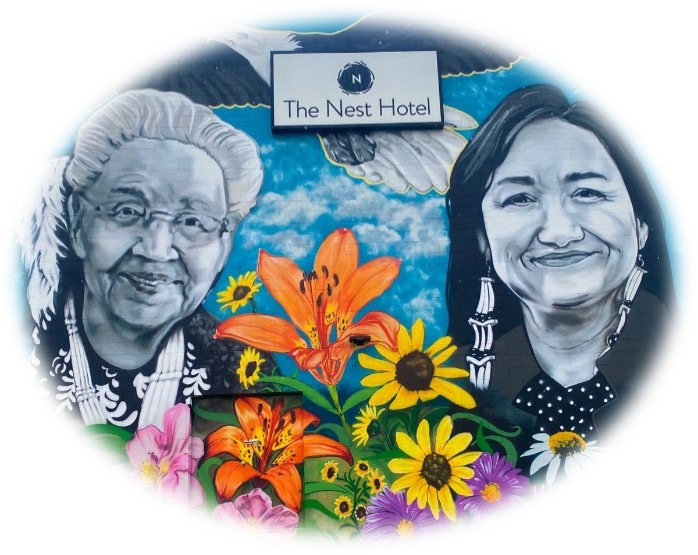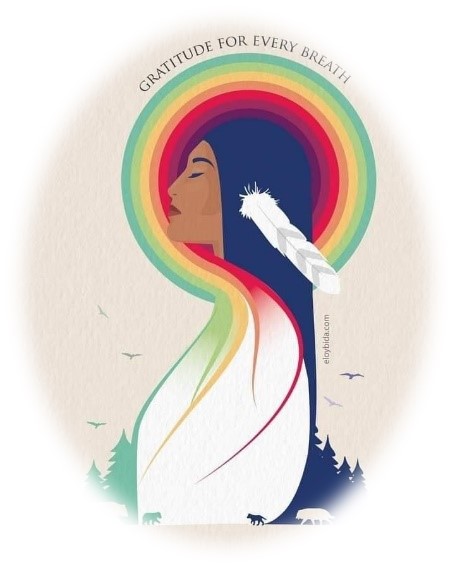Embracing Peer-Based Work
Embarking on the path of peer-based work, my journey began with volunteering in groups and local recovery meetings. Guided by mentors who have walked the path of recovery themselves, I learned the importance of striking a balance between receiving peer support and giving back through volunteering. This journey has led me to immerse myself in various councils, committees, and boards, contributing my time and skills to initiatives close to my heart.


